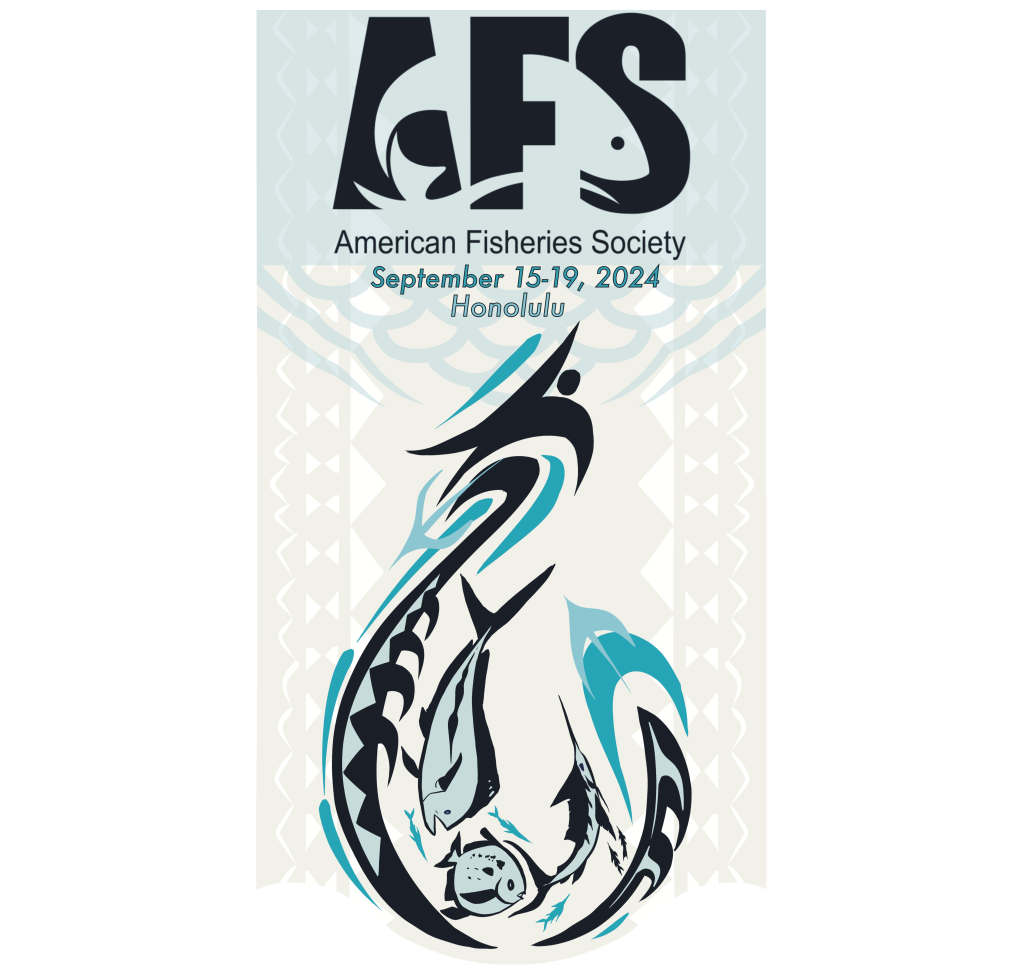Globally, recreational fishing is a socially and economically important activity but also affects fish stocks and aquatic environments. Therefore, robust recreational fisheries data are required to support sustainable management of fish stocks and aquatic ecosystems. Technological progress and digitization have led to the development of novel data collection methods such as internet scraping, internet search volume, social/online listening, georeferenced photographs, remote cameras, boat/car counters, drones, smartphone applications (apps), and citizen science approaches. These novel methods can yield valuable recreational fishing data on participation, effort, catch, lethal and sublethal impacts of catch-and-release fishing, angler behavior, and social and/or economic value that could be used to support fisheries management and complement more conventional data collection methods. We welcome presentations on (i) the development and evaluation of novel data collection methods, (ii) comparisons to traditional methods, and (iii) the exploration of opportunities and limitations associated with these novel methods.
Organizer: Simon Weltersbach, Thünen Institute of Baltic Sea Fisheries, [email protected]
Co-organizers: Kieran Hyder, Christian Skov, Aaron Muehler, Paul Venturelli, Paton Willbanks
Supported by: Thünen Institute of Baltic Sea Fisheries (DE), Centre for Environment, Fisheries and Aquaculture Science (UK), Technical University of Denmark – National Institute of Aquatic Resources (DK)
